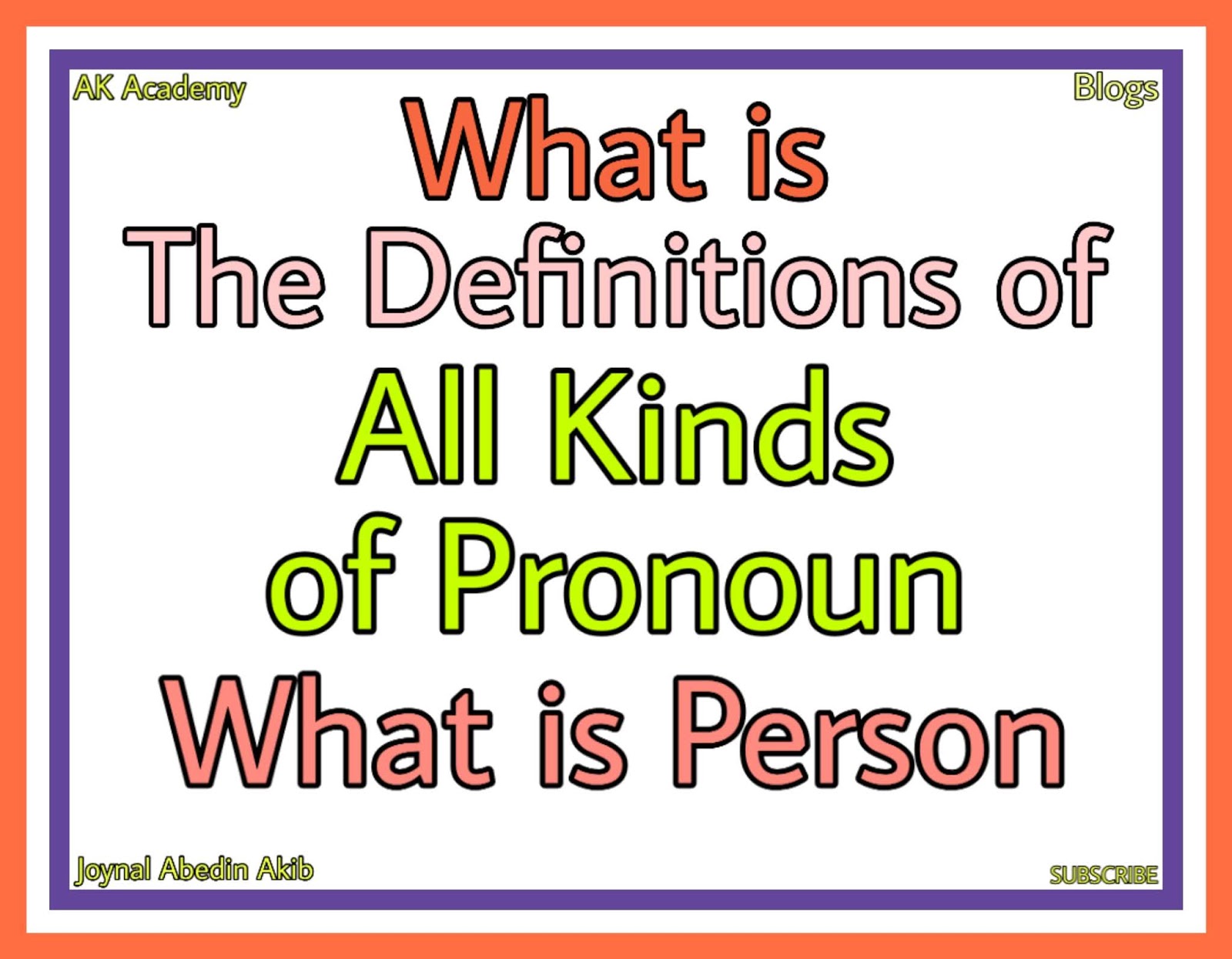

It is now generally acceptable in writing and speech to use they, them, and their to refer to a singular noun: When a guest arrives, they check in and we show them to their room.I hope nobody’s forgotten to bring their passport with them. one of the plural pronouns they, them, and their is often used: Does everybody know what they want? Somebody’s left their coat here. Instead, after everybody, everyone, anybody, anyone, somebody, someone, etc. He used to be considered to cover both men and women: Everyone needs to feel he is loved.However, this is now not usually done unless you need to emphasize which sex the person is, or it is still unusual for the job to be done by a man/woman: My daughter prefers to see a woman doctor. When talking about jobs that are traditionally done by the other sex, some people say: a male secretary/ nurse/ model (NOT man) or a woman/ female doctor/ barrister/ driver.Neutral words are very common in newspapers, on television and radio and in official writing, in both British English and North American English. For example, you can use police officer instead of policeman or policewoman, and spokesperson instead of spokesman or spokeswoman. Neutral words like assistant, worker, person or officer are now often used instead of -man or -woman in the names of jobs.Other forms such as batswoman and tradeswoman are becoming more common as more women start to do these jobs.

postman/postwoman), but in some cases one equivalent is rarely or never used, especially in old-fashioned job names that were traditionally done by one sex (e.g.

When you are writing or speaking English it is important to use language that includes both men and women equally.More About gender gender Ways of talking about men and women


 0 kommentar(er)
0 kommentar(er)
